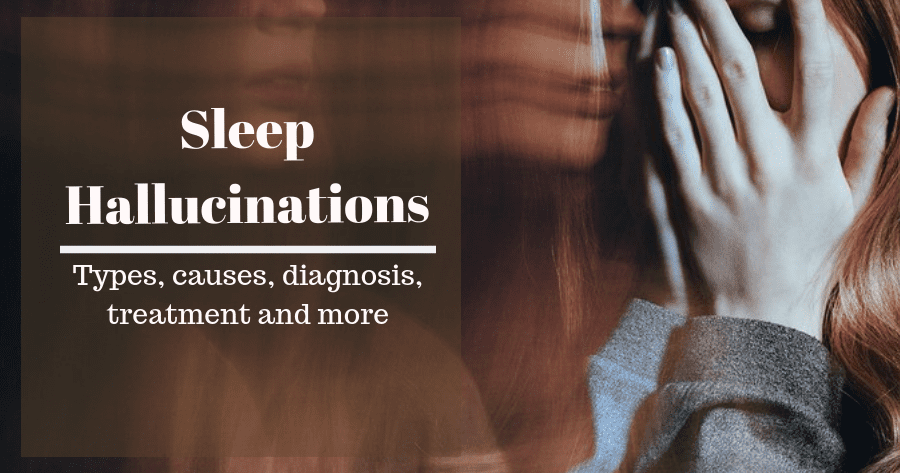

Possible causesĭementia reduces the brain’s ability to interpret and understand information. Other times, voices on the radio or television are thought to be from people physically in the room. Or they may be frightened by their own reflection, thinking it is another person. Sometimes they do not recognise their partner. Misidentification A person living with dementia can wrongly identify other people or themselves. an accusation of their partner being unfaithful, making them fearful and resistant to their partner’s care.a suspicion that someone is taking their possessions and accusing others of stealing or hiding things.a belief that others are out to get them, or that they have superhuman powers.Paranoia means having unrealistic beliefs. Or they may have fixed ideas about people intending to harm them.

The person may have delusions about others stealing their money or possessions. Delusions are strongly held ideas that are not based on reality or facts but are thought to be true. However, hallucinations can include any of the senses.ĭelusions. Usually someone sees something that is not there (such as a person) or hears something others cannot hear (such as voices or frightening sounds). Hallucinations are sensory experiences that cannot be verified by anyone else. They can cause extreme anxiety and panic. Although hallucinations and delusions are imaginary, they seem very real to the person experiencing them. People living with dementia sometimes experience false perceptions or ideas. Dementia affects people in different ways and changes in the behaviour or emotional state of someone living with dementia are common.


 0 kommentar(er)
0 kommentar(er)
